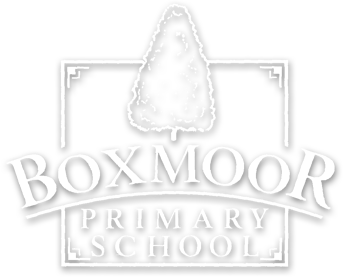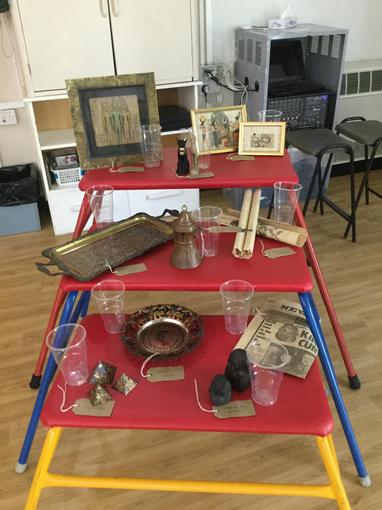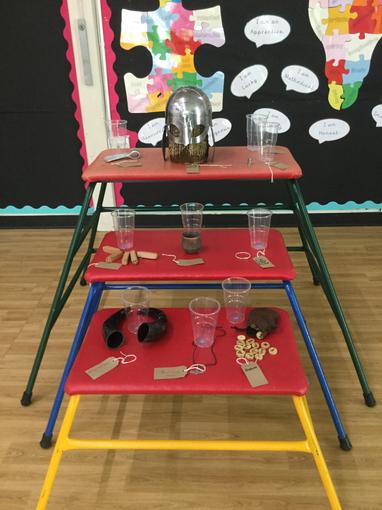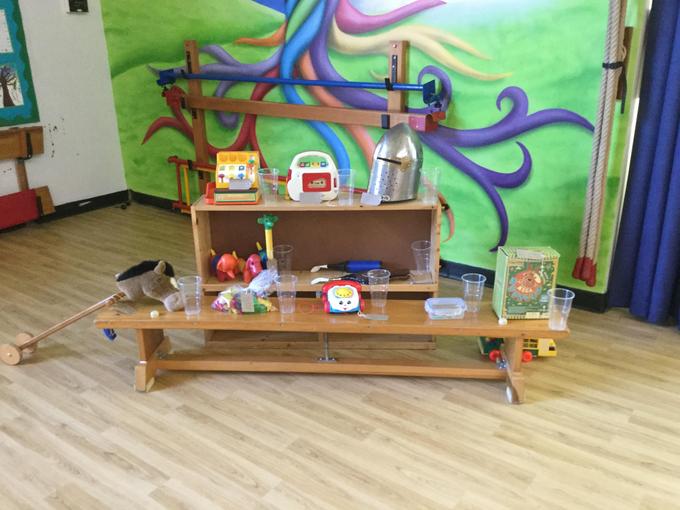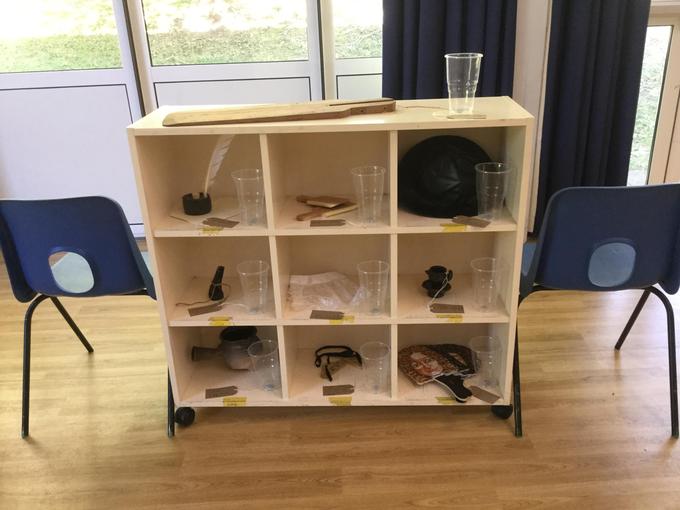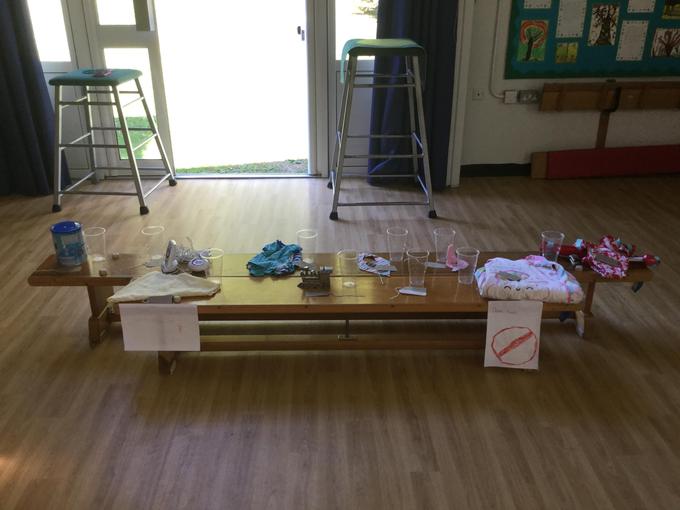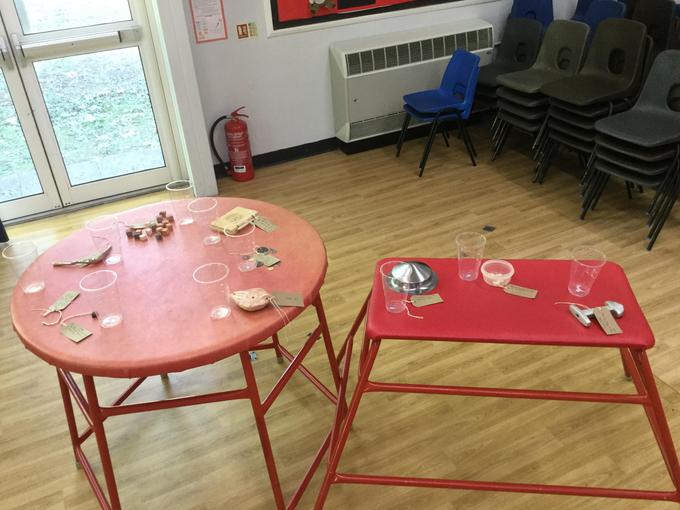History
Intent, Implementation and Impact
Intent
Our aim at Boxmoor is to encourage pupils to develop an appreciation and understanding of the past. Our historians will also be able to explain clearly how these sources give us an insight about how people around the world used to live. Pupils will be taught to make links between these areas of learning, with the aim of developing engaged, motivated and curious learners that can reflect on the past and make meaningful links to the present day.
Implementation
Our History curriculum (see below) has been designed to cover all of the skills, knowledge and understanding as set out in the National Curriculum. Staff will model subject-specific vocabulary, knowledge and skills relevant to the learning to allow children to integrate new knowledge into larger concepts. Previous learning is references and the build upon as children move through the school. Children take part in a rich variety of activities to build their skills and knowledge.
Impact
At Boxmoor, Pupil voice shows that pupils are confident and able to talk about what they have learnt in history using subject specific vocabulary. Pupil voice also demonstrates that pupils enjoy history and are able to recall their learning over time. Pupils work demonstrates that history is taught at an age appropriate standard across each year group with opportunities planned that is inclusive of all pupils.
History
Learning history at Boxmoor Primary School is all about bringing the past to life for the children. The National Curriculum has been divided up amongst the year groups with respect to appropriateness of content at different ages and natural curriculum links with other subjects. We have recently worked collaboratively in order to include four extra units focussing on the movement of people and diversity in society.
We focus our teaching for each history unit on an overarching question that we revisit at the end of the teaching. This is in order for the children to now answer the question posed using the knowledge they have gained. Each unit will also endeavour to make links with our local area and population where this is relevant.
Embedded in each unit is:
- the gaining of subject specific vocabulary,
- an understanding of how the past is similar and different to how we live today,
- an understanding of chronology, both in relation to events studied through that unit and in relation to how the unit fits within the chronology of the units they have previously studied,
- the opportunity to ask and answer questions,
- the opportunity to explore a range of sources of information and to question their validity.
In each unit, to supplement the learning we provide, we try to include a visit to a historical site or museum, invite visitors to share their knowledge and include replica artefacts to handle in the classroom.
The following are the units that the children currently learn within each year group and each overarching question:
|
Year group |
Unit |
Question |
|
Early Years |
Me and my world |
What is the story of me and my world? |
|
Early Years |
What a wonderful world |
What makes our world wonderful? |
|
Early Years |
Oh the places we’ll go! |
Where have I been and where will I go? |
|
Year 1 |
Changes within living memory: Toys |
How have toys changed? |
|
Year 1 |
Significant people in our locality: John Dickinson |
Can you make paper like John Dickinson? |
|
Year 1 |
Explorers of note |
How have explorers changed the world? |
|
Year 2 |
A national event beyond living memory: The Great Fire of London |
How did the Great Fire of London change London? |
|
Year 2 |
The history of flight | How did we learn to fly? |
|
Year 2 |
Monarchy and William the Conqueror | What is a monarch? |
|
Year 3 |
Changes in Britain: Stone Age to Iron Age. |
Would you prefer to live in the Stone Age, Bronze Age or Iron Age? |
|
Year 3: |
Achievements of early civilisations: Overview of four civilisations, plus an in depth study of the Egyptians. |
What did the ancient Egyptians believe? |
|
Year 3 |
Children in history |
How have children's lives changed? |
|
Year 4 |
The Roman Empire and its impact on Britain. | Why did the Romans settle in Britain? |
|
Year 4 |
Invasion & settlement in Britain. |
How hard was it to invade & settle in Britain? |
|
Year 4 |
The Vikings and their impact on Britain. | Vicious Vikings: Were the Vikings raiders, traders or settlers? |
| Year 5 | The Tudors | How was life in Tudor England? |
|
Year 5 |
Ancient Greece. | How groovy were the Greeks? |
|
Year 5 |
A non-European society that contrasts with British history: Mayan Civilisation. | Could you live like a Mayan? |
|
Year 6 |
An aspect of British history beyond 1066: World War 2. |
War, what is it good for? |
|
Year 6 |
Unheard histories | Slavery - shame on us? |
|
Year 6 |
Exploring the History of our local area | What does the census tell us about our local area? |
If you, or someone you know, has knowledge or experience connected to one or more of the units that we study please contact the history coordinator, who would be pleased to welcome further contributions to our learning.
Whole School Museum made for History Mystery Day - Which item's description is a lie?
|
|
|
|
|
|
|
|
|
